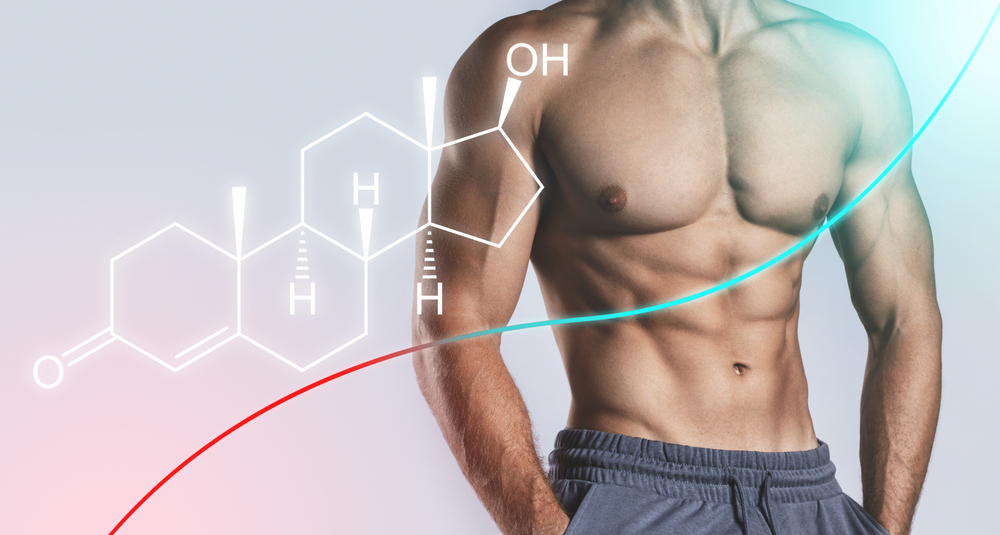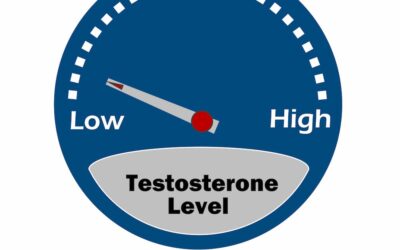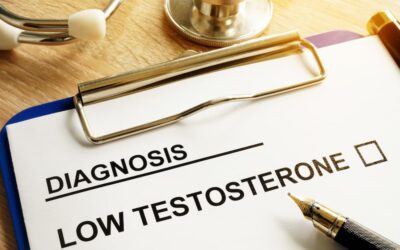Getting older has unfairly ended up with a less-than-fabulous reputation, leading many people to dread every new year that gets added to their age. In reality, most of the negative side effects of aging can be effectively minimized with a solid age management plan – and of course, effective treatments for the medical conditions that are to blame.
And yet, plenty of men just assume that the prime of their lives came and went with their 20s and that it’s all downhill from there. But now, Ehormones MD is here to change that.
How Hormones and Aging are Connected
Many of the so-called signs of aging are actually symptoms of hormonal imbalance, especially for men. Sometime around the age of 30, your body starts to slow down its testosterone production, even though the hormone remains incredibly important throughout your entire life.
Once your testosterone levels dip below an optimal level, you can expect to start noticing a myriad of unpleasant side effects… many of which you might think are just a normal part of getting older.
Look at it this way: testosterone is essential for a wide range of functions, including sexual performance, maintaining muscle mass, weight loss, moods, concentration, and so much more. So, if you’re running low, your body is bound to start showing some serious signs of subpar performance.
How to Treat Low Testosterone Levels
Male hormone therapy is an extremely effective and relatively straightforward treatment for low testosterone. Typically referred to as testosterone replacement therapy, or TRT, it regulates your body by replenishing its testosterone deficiencies.
As your body gets back to a balanced state, you might just feel as if you’re in your 20s once again – with the sex drive, energy, and focus to match!
What is testosterone replacement therapy (TRT)?
TRT uses various methods, including injections, gels, creams, and pellets, to provide your body with the testosterone it is “missing.” Depending on your specific diagnosis, needs, and goals, your low-T doctor will set up a treatment schedule and dosage customized for you.
At Ehormones MD, you can expect to undergo hormone testing and a full health assessment before beginning treatment. We’ll also discuss your symptoms, goals, and answer any questions you may have. And if you’re currently going to a hormone clinic that hasn’t taken all of those steps, that’s a major red flag – and your health and the quality of your results could be at risk.
How Do I Know If I Need Hormone Therapy?
While it’s true that low-T is an issue common in (and after) middle age, it’s not something limited to older men. There are plenty of men that start experiencing the signs of low testosterone in their 20s or 30s. Because there are various factors that can contribute to low T, including medical conditions, medication, and others, it’s impossible to go off of age alone.
Instead, it’s better to determine if you have any low-T symptoms and then go from there.
Common symptoms of low testosterone in men
If you haven’t yet had hormone testing, you might be wondering if it’s possible that you have low T. There are plenty of warning signs that your testosterone levels are below the ideal range, including:
- Reduced interest in sex
- Issues with erectile dysfunction (ED)
- Lack of energy, even if you sleep well
- Weight gain
- A “beer belly” or love handles
- Losing muscle
- Less stamina in the gym
- Thinning hair
- Mood swings and irritability
- Problems with concentration, memory, and focus
- Anxiety and depression
As you can see, low T can show up in just about every aspect of your life, easily disguised as aging.
Contributing factors to low-T
In addition to age, there are many other causes of low testosterone. Even if you haven’t yet noticed any of the above symptoms, if you have one of the conditions listed below, you might want to think about getting your T levels checked.
Some medical reasons for low testosterone include:
- Obesity
- Type 2 diabetes
- A past injury to the groin/testicles
- Certain medications
- Low pituitary function
- Drug or alcohol use
- Conditions such as hemochromatosis, Kallman syndrome, and Klinefelter syndrome
In order to take the most effective approach towards testosterone hormone therapy, it’s critical to understand the underlying causes you’re dealing with. Otherwise, it’s possible that your treatment results will either be temporary or non-existent.
Benefits of TRT
Still not sure if testosterone therapy is right for you? Well, here are some of the treatment benefits you can look forward to – we’re betting these will have you convinced:
- Increased sexual performance
- Easier weight loss/fat loss
- More muscle
- Longer-lasting erections and reduction of erectile dysfunction issues
- Increased energy
- Better moods, focus, and concentration
Discover Your Potential TRT Results with an Ehormones MD Consultation
TRT could be a life-changing solution to the symptoms of low T, and all you need to do is make the first step towards a healthier, happier future now. Ehormones MD can help you determine if TRT is right for you, as well as create a customized treatment plan to achieve your goals.
For more information about TRT, schedule a free consultation with our team today!
Image Source: BLACKDAY / Shutterstock





